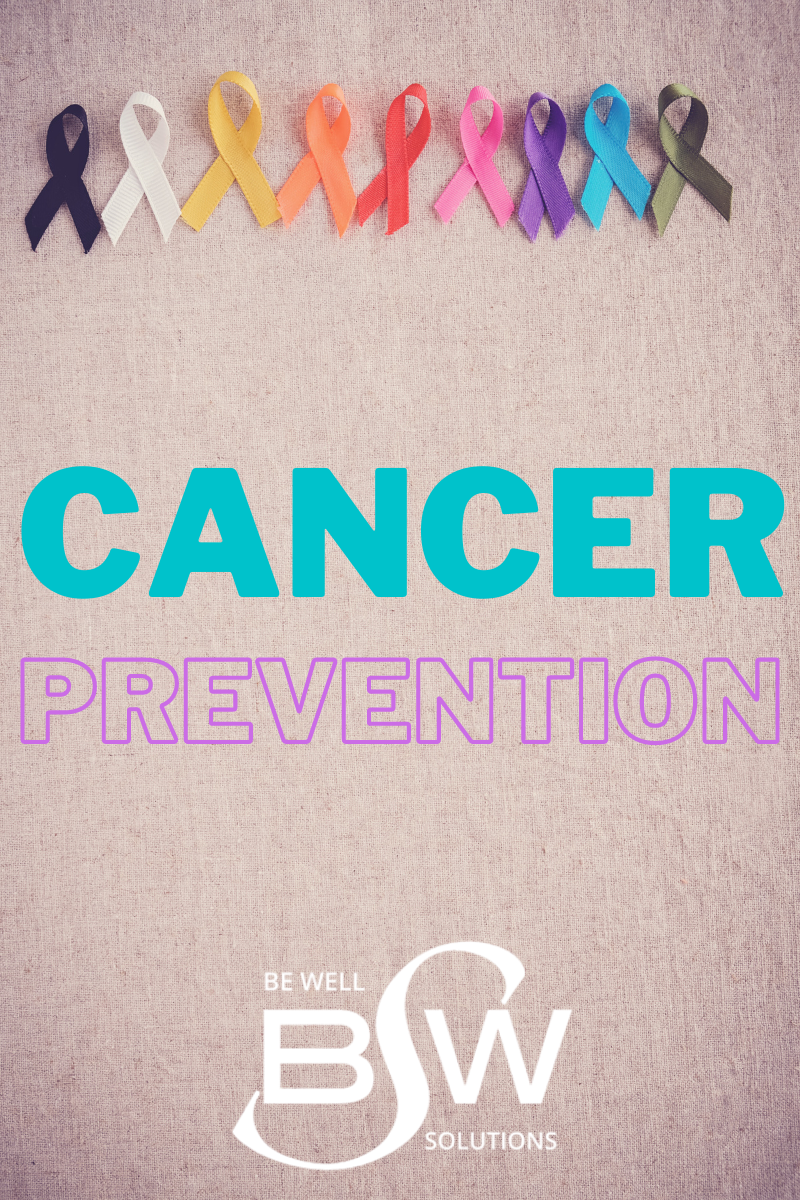
No matter how healthy we live, cancer can touch our lives. Two out of five Americans will receive a diagnosis of cancer at some point in their lives. One of the best ways to improve our survival chances is to discover cancer as early as possible. We do this with preventive screening exams.
What is a preventive screening exam?
A preventive screening exam looks for a disease, or risk factors for a disease in a person who has no symptoms or history of disease. Preventive screenings allows doctors to diagnose disease early before symptoms appear, which can increase the likelihood that an effective treatment is available to cure the individual.
What are the goals of a preventive screening exam?
A screening exam should be easy to administer and interpret, while maximizing true results. Also, if a test is positive, the next steps should be clear and result in actions that will increase the patient’s lifespan and improve his or her physical condition.
Should I talk to my doctor about cancer screenings?
Yes, having a doctor who can help you make decisions about screening tests as they apply to your personal situation is as important as the tests themselves. Questions you can ask include:
- What cancers do you recommend I be screened for at this time?
- What screening tests are available to me for those cancers?
- What are the risks involved with each test?
- What are the risks of not having a screening test for this cancer?
- What are my treatment options if the results indicate a possible diagnosis of cancer?
What cancer screenings should I discuss with my doctor at my annual visit?
Screening exam recommendations differ based on age, gender and family history. Many types of cancer are screened for during a routine physical exam. Be Well Solutions encourages people to talk to their doctors about ways to be screened for:
- Skin cancer.
- Thyroid cancer.
- Lymphoma.
- Colon and rectal cancer.
- Lung cancer (smokers and former smokers only).
- Breast, cervical and uterine cancers (women only).
- Prostate and testicular cancers (men only).
For more information on cancer screenings and prevention, you can visit the websites below.
- American Cancer Society – www.cancer.org
- American Institute for Cancer Research – www.aicr.org
- National Cancer Institute – www.cancer.gov
Continue reading October 2021 Newsletter: Breast Cancer Awareness Month
